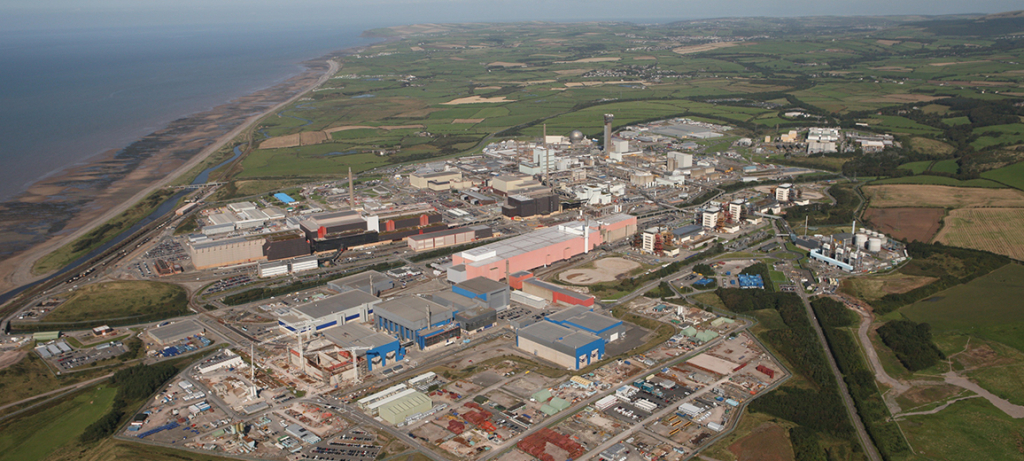Since 1947 there have been nuclear materials on the site at Sellafield in Cumbria in one form or another, first as a part of the British nuclear weapons programme and later as the home of four nuclear reactors for the purpose of generating nuclear energy. Now, after more than half a century of nuclear activity, the site is being decommissioned.

The scale of the decommissioning operation is vast, and many of the processes are having to be newly developed using the latest scientific knowledge and technological expertise. As a result, Sellafield has frequently sought the support of UKNNL as an expert partner to help develop the processes required to return the site to its agreed standard.
One such example is the challenge of decommissioning of on-site “glove boxes”. These steel framed enclosures, usually four feet by four feet by three feet have been used for the safe handling of alpha radioactive materials. They have windows and glove holes so technicians can handle nuclear materials without coming into direct contact and risking contamination.
These glove boxes can be found all over the Sellafield site, presenting a substantial disposal issue. Cutting them into pieces releases nuclear contaminants, creating a significant safety risk to anyone involved in that piece of work.
But UKNNL prides itself on its innovation and set to work in partnership with Sellafield Ltd to find a solution that would enable the site team at Sellafield to cut the glove boxes into smaller pieces for more efficient disposal.
Combining the latest work in robotics with pioneering laser cutting technology, the project team also developed a computer programme that would enable a remote operator to make a series of cuts from the safety of a control room that would reduce the volume of the glove box significantly without any risk to human health. By cutting down the glove boxes, it is now possible to dispose of numerous glove boxes in the space previously taken by just one., maximising the packing efficiency and therefore saving money. The benefits for the decommissioning programme at Sellafield are improved safety and increased efficiency, both in terms of space and cost.
Crucially, UKNNL didn’t develop either the robotic or laser cutting technologies, but with a team of some of the most knowledgeable and experienced people in the country, was able to add value through innovation by harnessing the benefits of existing technologies coupled with UKNNL’s new software development. The solution has now been passed back to Sellafield Ltd as it moves into a pre-operational and deployment phase.
